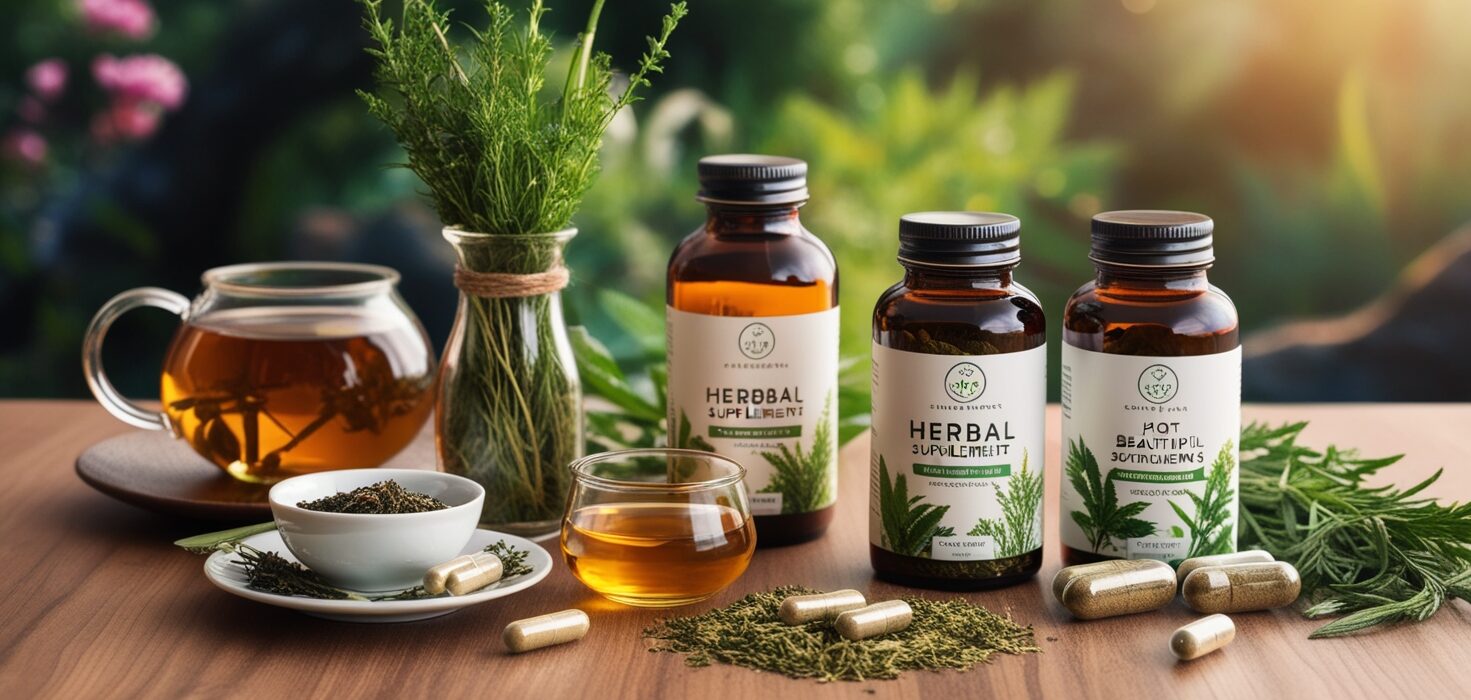Herbal supplements aren’t a new fad; they’ve been around for centuries, rooted deeply in traditional medicine practices all over the world. These natural remedies have been used to tackle a variety of health issues, from boosting immunity to calming the mind. What’s changed now is the increased spotlight on their potential benefits, thanks to our growing focus on natural health solutions.
So, what’s got everyone reaching for those bottles of herbal solutions? A lot of it comes down to people looking for alternatives to synthetic drugs. Many are seeking to enhance their overall well-being by using nature-based solutions. Herbal supplements seem to tick the box of being both natural and health-boosting, a combo that’s hard to resist in today’s wellness-focused culture.
However, it’s important to cut through the hype and question what’s really true. There’s plenty of misinformation out there. Some folks think herbal equals completely safe, which isn’t always the case. Understanding these supplements’ capabilities and limitations is crucial before adding them to your daily routine. Not every supplement works as advertised, and interactions with existing medications can sometimes occur.
By getting informed, you’re not just jumping on a trend; you’re making educated decisions about your health. Learning the basics of what herbal supplements are, and understanding their role in health management, sets the foundation for deeper knowledge in this expanding field.
Scientific Basis: How Do Herbal Supplements Work?
Understanding how herbal supplements interact with our bodies can feel a bit like solving a mystery. They rely on a variety of active compounds, the most famous being things like flavonoids, alkaloids, and saponins, among others. These naturally occurring chemicals can influence our body’s systems in different ways, providing potential health benefits.
Each supplement has its own way of interacting. Take ginseng, for example—it’s often used for its supposed energy-boosting properties and impact on stress levels. It’s thought to enhance mental clarity and physical stamina by acting on the central nervous system and adrenal glands. This happens as its active components, ginsenosides, modify the brain’s neurotransmitter activities.
Scientific research increasingly supports some of these traditional claims. There are studies, for instance, demonstrating turmeric’s active component, curcumin, as having anti-inflammatory and antioxidant properties, making it a common go-to for joint health.
That being said, it’s crucial to approach these supplements with caution. Many herbs can interact with medications, affecting how they work. This isn’t just the case with prescription drugs—over-the-counter meds and even certain foods can have adverse interactions. Plus, herbal supplements can carry their own side effects.
Navigating these supplements involves a bit of a balancing act. Consulting healthcare professionals before trying out new herbal supplements can help sort fact from fiction and ensure they fit within your personal health plan. This step is crucial in making sure you’re getting the benefits without the unwanted surprises.
Exploring the Health Benefits of Popular Herbal Supplements
Herbal supplements like turmeric, ginseng, and echinacea have gained popularity for their various health-boosting properties. Turmeric, for instance, is praised for its potential anti-inflammatory effects, largely thanks to curcumin. This component is often studied for its impact on reducing inflammation, which plays a role in conditions like arthritis.
Ginseng is another crowd favorite, primarily for its supposed energy-enhancing capabilities. Some scientific studies suggest that it might indeed bolster mental performance and vitality, making it a staple for those managing stress or fatigue.
Echinacea often comes into play during cold and flu season. There’s evidence that it can help shorten the duration of the common cold, though it’s not a cure-all. It purportedly acts by boosting the immune system, helping the body fend off minor infections more effectively.
Listening to stories from people who’ve used these supplements gives additional insight. Many users share experiences of improved well-being, such as better mood or lessened symptoms of chronic illnesses. While personal stories aren’t scientific proof, they do highlight potential areas where these supplements can make a difference.
The blending of traditional herbal knowledge with scientific research creates a comprehensive perspective. While it’s important to appreciate ancestral wisdom, modern insights can guide safer and more beneficial usage of these potent herbs. This dual perspective can enrich your understanding and help in making informed decisions about which herbal supplements might work best for your health goals.
Navigating the Herbal Supplement Market
Choosing the right herbal supplement can be a journey in itself. Quality is key, and it’s important to look for products that have been certified by reputable organizations. These certifications often tell you that the supplement was produced following high standards and is free from harmful additives.
Consulting with healthcare professionals prior to starting new supplements is always a smart move. They can provide tailored advice based on your medical history and current medications, helping to avoid potential interactions and side effects. It’s not just about finding any supplement; it’s about finding the one that’s right for you.
Reading labels carefully can also go a long way. Information about dosages, the concentration of active ingredients, and any additional components can provide clues into the product’s authenticity and effectiveness.
The herbal supplement industry is constantly evolving, with new innovations and trends emerging. Look out for advancements in product formulations and extraction techniques that might enhance the potency and efficacy of herbal supplements.
As you navigate this market, being informed and vigilant ensures that you get the maximum benefit while minimizing risks. Approach with an open mind but always prioritize safety and factual information over hype.
